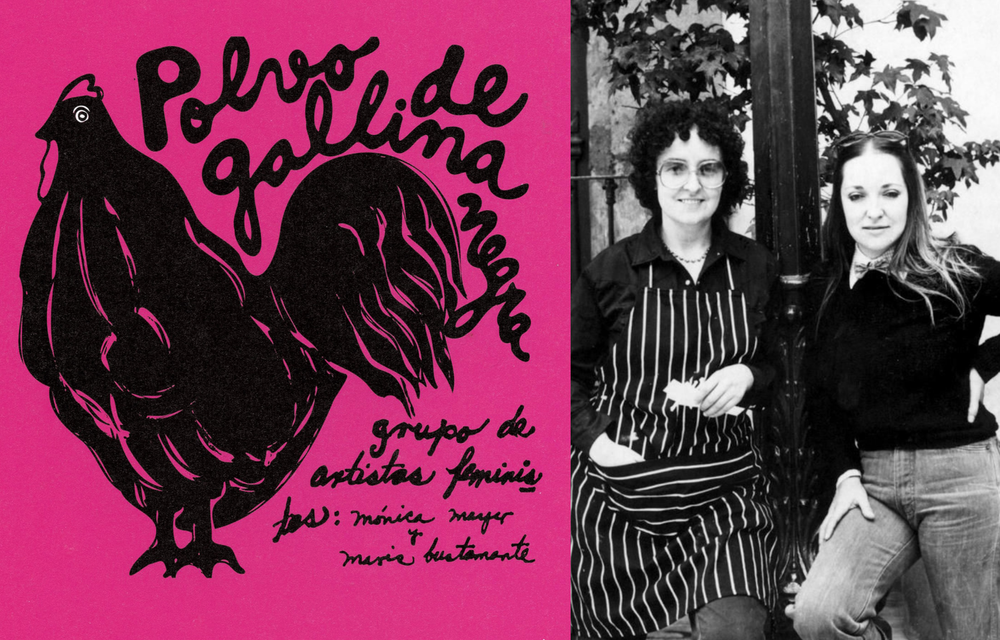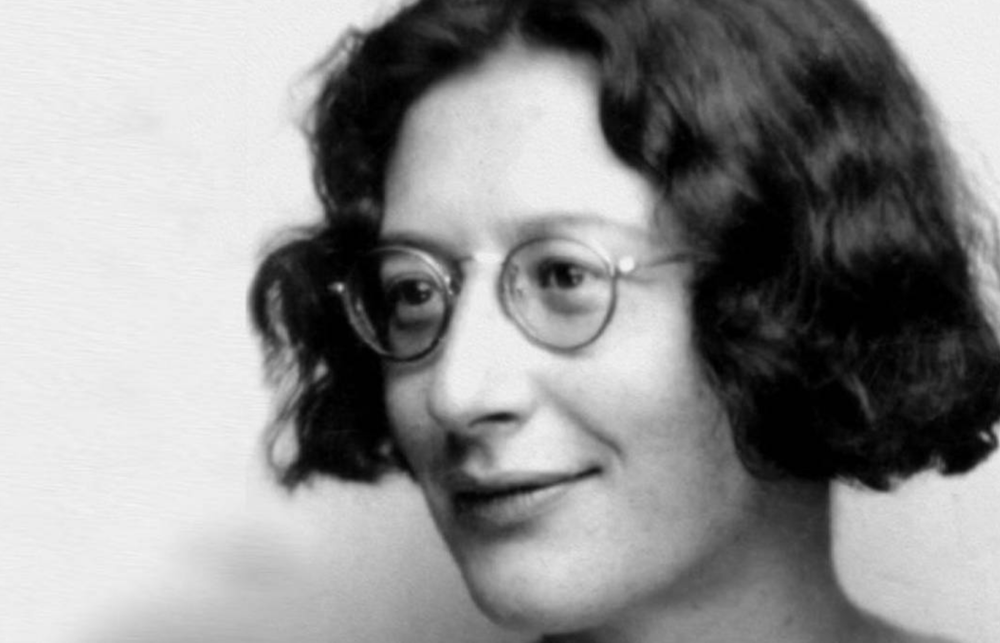“Like the dead-seeming, cold rocks, I have memories within that came out of the material that went to make me. Time and place have had their say. So you will have to know something about the time and place where I came from, in order that you may interpret the incidents and directions of my life.”
It’s tempting to just reprint Zora Neale Hurston’s autobiography Dust Tracks on a Road for you here, now, in its entirety. The way her use of language and sense of humour wind their way around her life story brings life and depth and movement to every detail. It’s the same spirit she brings to her research of caribbean and african-american religion and folklore. Anthropologically teasing out the spirits within words and deeds.
She remains a controversial and prolific figure, even almost seventy years after her death. Her latest book was published posthumously just last year, in 2018. Barracoon, based on her 1927 interviews with Cudjo Lewis, the last living survivor of the Middle Passage Atlantic slave trade, is a testament to the power of gathering and telling stories. Keeping those stories alive. She said: I Want to collect like a new broom - brings a whole new meaning to a witches flight, right?
She called herself Pagan and rewrote the tale of Moses from a black rural american perspective. She threw around the N-word with a deliberate and near joyful irony. She claimed and reclaimed and felt proud and entitled and was not humble.
Dust Tracks On A Road: Zora Neale Hurston
I Love Myself When I Am Laughing…: Hurston ed Walker
Zora Neale Hurston’s Final Decade: Virginia Lynn Moylan
Wrapped in Rainbows: Valerie Boyd
“June Jordan and Alice Walker’s Quest for a Redemptive Art and Politics”
by Cheryl Wall
and “The Polarities of Space”
by Thadious Davis
These essays are in the book:
Toward an Intellectual History of Black Women



